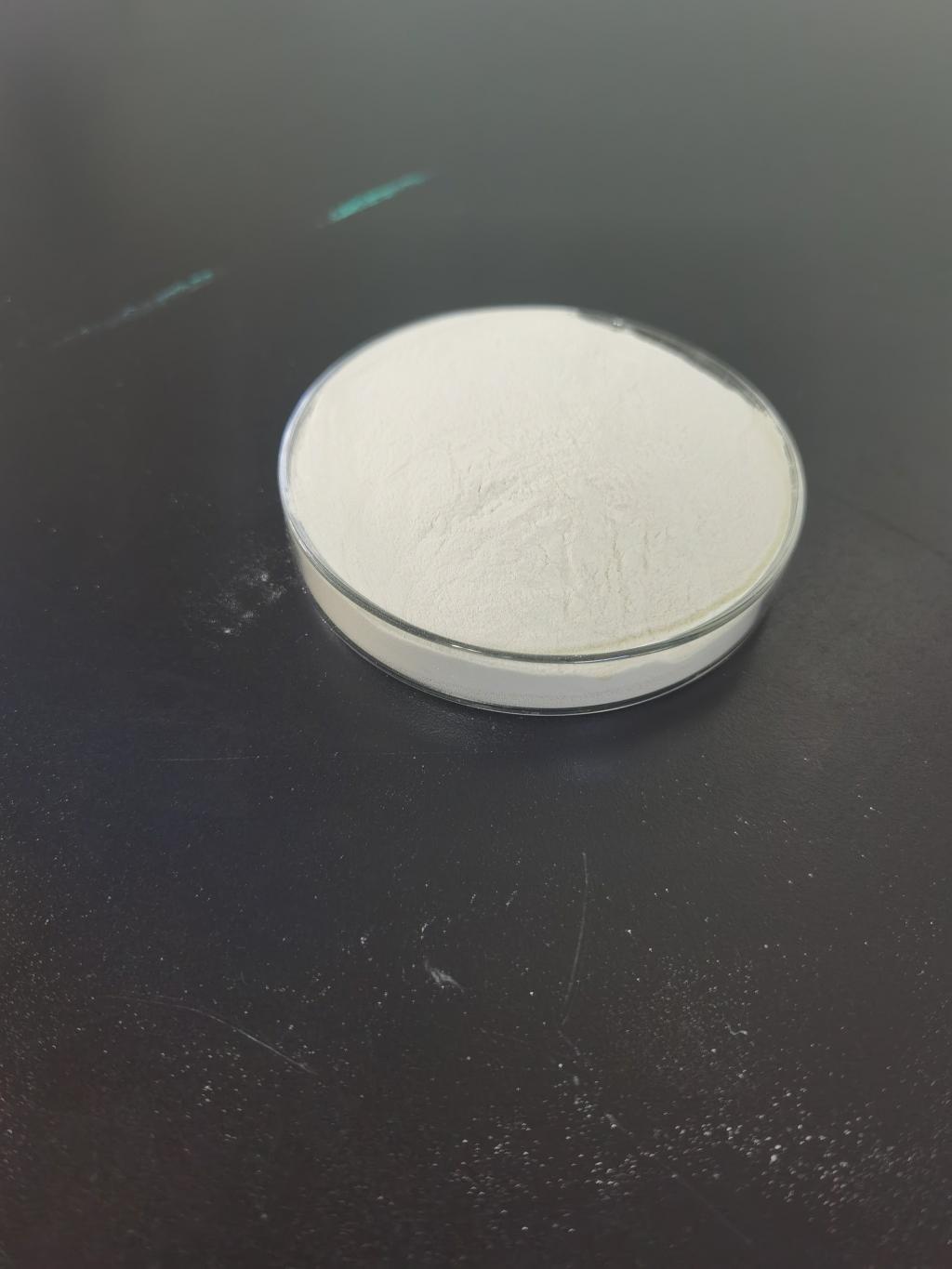Tel:+8618231198596

News
 CONTACT
CONTACT
 CONTACT
CONTACT
- Linkman:Linda Yao
- Tel: +8618231198596
- Email:linda.yao@dcpharma.cn
- Linkman:CHARLES.WANG
- Department:Overseas
- Tel: 0086 0311-85537378 0086 0311-85539701
News
Current Position:
Home >
News
>Are there any ongoing research studies investigating the potential uses of Nisin?
Are there any ongoing research studies investigating the potential uses of Nisin?
TIME:2023-06-16
Healthcare and Medicine:
1.1 Antibacterial Agent:
Nisin's antimicrobial properties make it a promising candidate for combating bacterial infections. Ongoing research focuses on developing nisin-based formulations for topical applications, wound healing, and prevention of surgical site infections. Nisin's ability to inhibit the growth of antibiotic-resistant bacteria, such as methicillin-resistant Staphylococcus aureus (MRSA), is of particular interest.
1.2 Anticancer Potential:
Recent studies suggest that nisin possesses anticancer properties. Researchers are investigating its ability to inhibit the growth and metastasis of various types of cancer cells, including breast, colon, and prostate cancer. Nisin's potential as an adjunct therapy in combination with traditional cancer treatments is being explored to enhance treatment outcomes.
1.3 Biofilm Disruption:
Biofilms, formed by microbial communities, pose significant challenges in healthcare settings. Nisin shows promise as a biofilm disruptor, preventing the formation and growth of biofilms on medical devices and surfaces. Ongoing studies aim to develop nisin-based coatings or materials that can inhibit biofilm formation and reduce the risk of device-associated infections.
Veterinary and Animal Health:
2.1 Animal Feed Additive:
Nisin's antimicrobial activity extends to animal health. Research is underway to evaluate the use of nisin as a feed additive for livestock, poultry, and aquaculture. Nisin can help control microbial populations in animal guts, improve digestion, enhance nutrient absorption, and reduce the need for conventional antibiotics in animal production.
2.2 Mastitis Treatment:
Mastitis, an inflammation of the mammary gland in dairy animals, leads to significant economic losses in the dairy industry. Ongoing studies explore the efficacy of nisin as a potential treatment for mastitis, either alone or in combination with other antimicrobial agents. Nisin's antimicrobial and anti-inflammatory properties make it a promising candidate for this application.
Agriculture and Crop Protection:
3.1 Plant Disease Management:
Nisin's antimicrobial properties offer potential benefits in plant disease management. Ongoing research investigates the use of nisin as a natural alternative to synthetic fungicides, targeting plant pathogens that cause diseases in various crops. Nisin's eco-friendly nature and low risk of resistance development make it an attractive option for sustainable agriculture.
3.2 Post-Harvest Preservation:
Preserving harvested crops is crucial to minimize post-harvest losses. Researchers are exploring the application of nisin-based formulations as bio-preservatives for fruits, vegetables, and other perishable agricultural produce. Nisin can inhibit the growth of spoilage microorganisms and extend the shelf life of fresh produce, reducing food waste.
Biomedical Materials and Biotechnology:
4.1 Antimicrobial Coatings:
Nisin's antimicrobial activity can be harnessed for developing antimicrobial coatings on various biomedical materials, such as implants, catheters, and prosthetics. Ongoing research aims to optimize nisin-based coatings to prevent microbial colonization and reduce the risk of device-associated infections.
4.2 Food Packaging Applications:
Beyond its direct use in food preservation, ongoing studies are exploring the incorporation of nisin into food packaging materials. Nisin-infused packaging can provide an additional barrier against microbial growth, extending the shelf life of packaged foods and enhancing food safety.
Conclusion:
Nisin, originally known for its role as a food preservative, is now being investigated for its potential applications beyond the food industry. Ongoing research studies highlight the versatility of nisin, ranging from healthcare and medicine to veterinary health, agriculture, and biotechnology. As the research progresses, the diverse uses of nisin are likely to pave the way for innovative solutions in various industries, offering improved health outcomes, sustainable agriculture practices, and enhanced product preservation.
- Tel:+8618231198596
- Whatsapp:18231198596
- Chat With Skype







